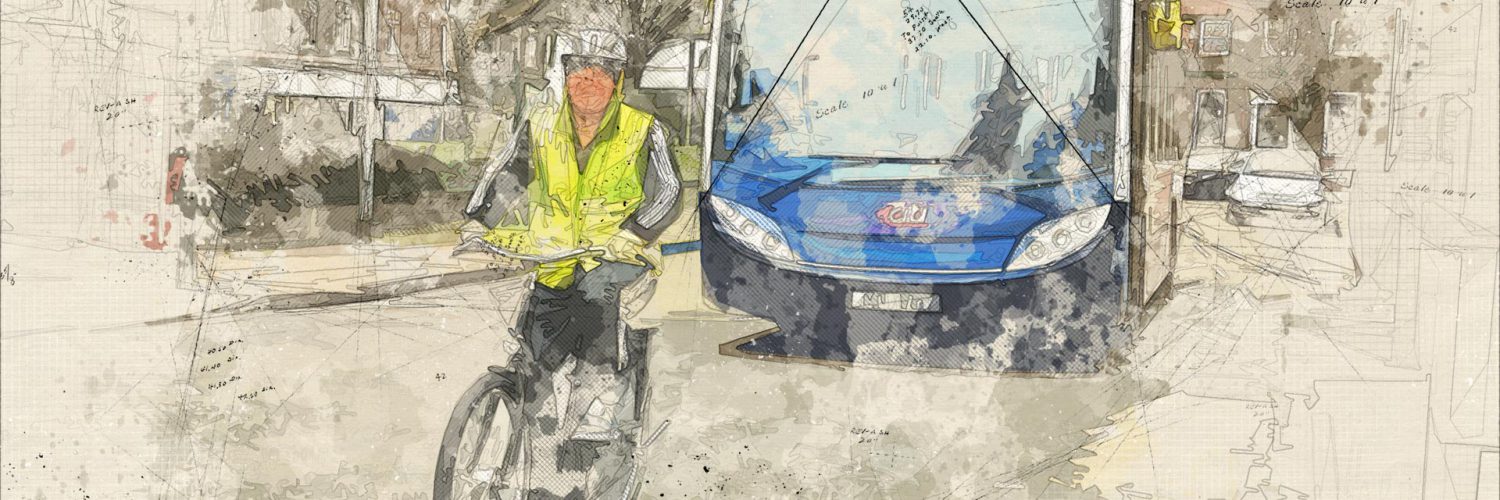Recently local politicians have called for Cambridge’s Park & Ride car parks to be free again, and MPs have called for hospital car parks to be made free.
‘Free’ means somebody else is paying, in this case taxpayers. Since there’s no end of calls on our taxes (and a limit to how much people are willing to pay before revolting or leaving the country), we need to ask, “Is making this free the best use of taxpayers’ money?”
Before we can begin to answer that, we need to ask some questions:
- What problem are we trying to solve?
- To what extent does the proposed measure solve the problem?
- What’s the cost (including forfeited revenue)?
- How do unintended consequences, uncertainties and risks alter those assessments?
- Is it an effective solution and, if so, is it good value?
Park & Ride is meant to solve city congestion. Making parking free again might reverse the 14% decline in patronage, but that equates to, at most, a 1.7% reduction in peak-time traffic. The revenue loss would be £1.1m/year (rising over time). Conclusion: neither effective nor good value.
With hospital parking, what problem is being solved? To help those hospital workers, patients and visitors who are struggling financially? To remove the stress of pre-paying when you’re unsure how long you’ll need? Making parking free would entail a revenue loss at Addenbrooke’s of £1.2m/year (which more or less covers the finance and running costs of the car parks). Unintended consequences would include car parks filling up more quickly, causing stress for those unable to find a space and creating demand to build more car parks – at additional cost; and there’d be more traffic and congestion around hospitals as people switched from public transport to driving. Conclusion: partially effective but with damaging side-effects and very poor value for money. Targeting financial assistance (not just at those who have access to a car) and making all car parks pay-on-exit would be better solutions.
Pledging to make something free may be a vote-winner, but we must look beyond our instinctive love of ‘free’.
This article was first published in the Cambridge Independent on 14 June 2017.



Add comment